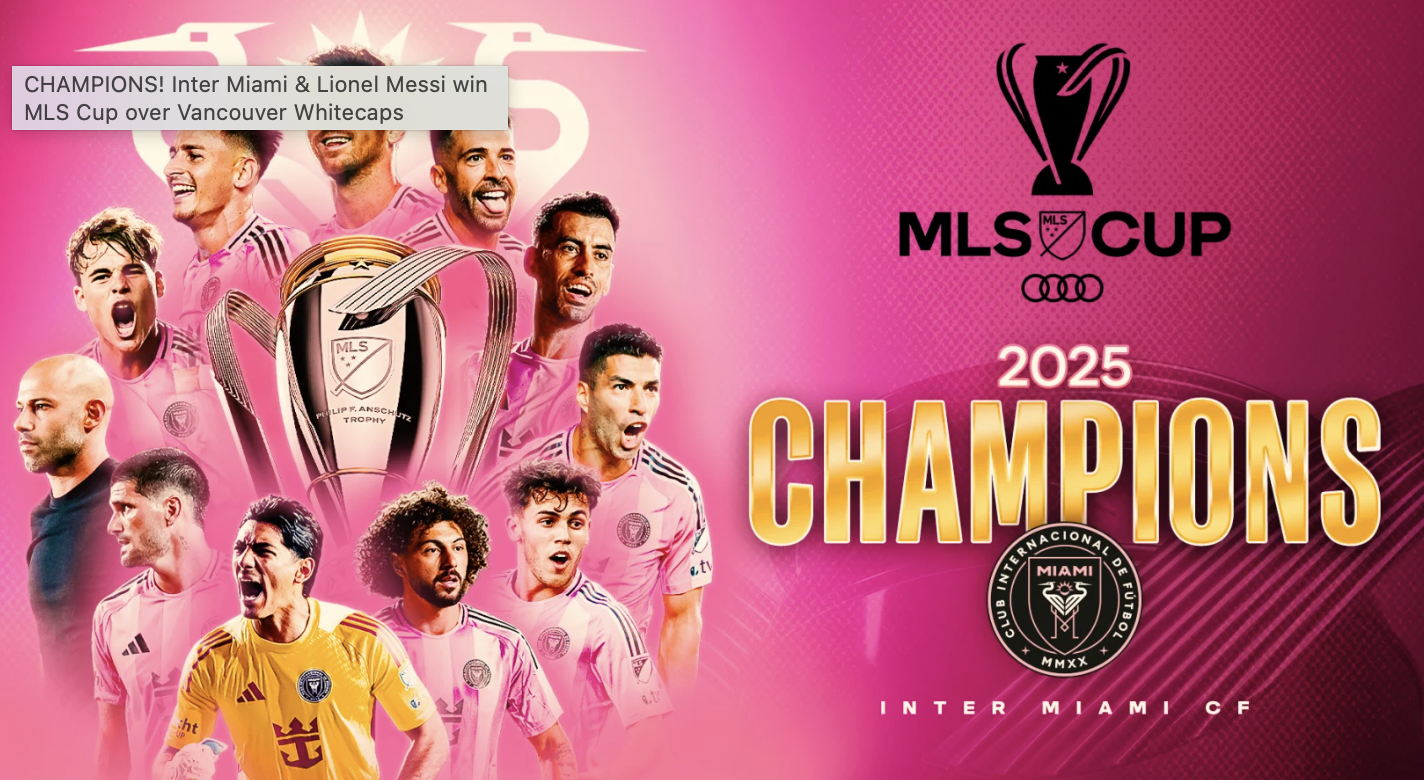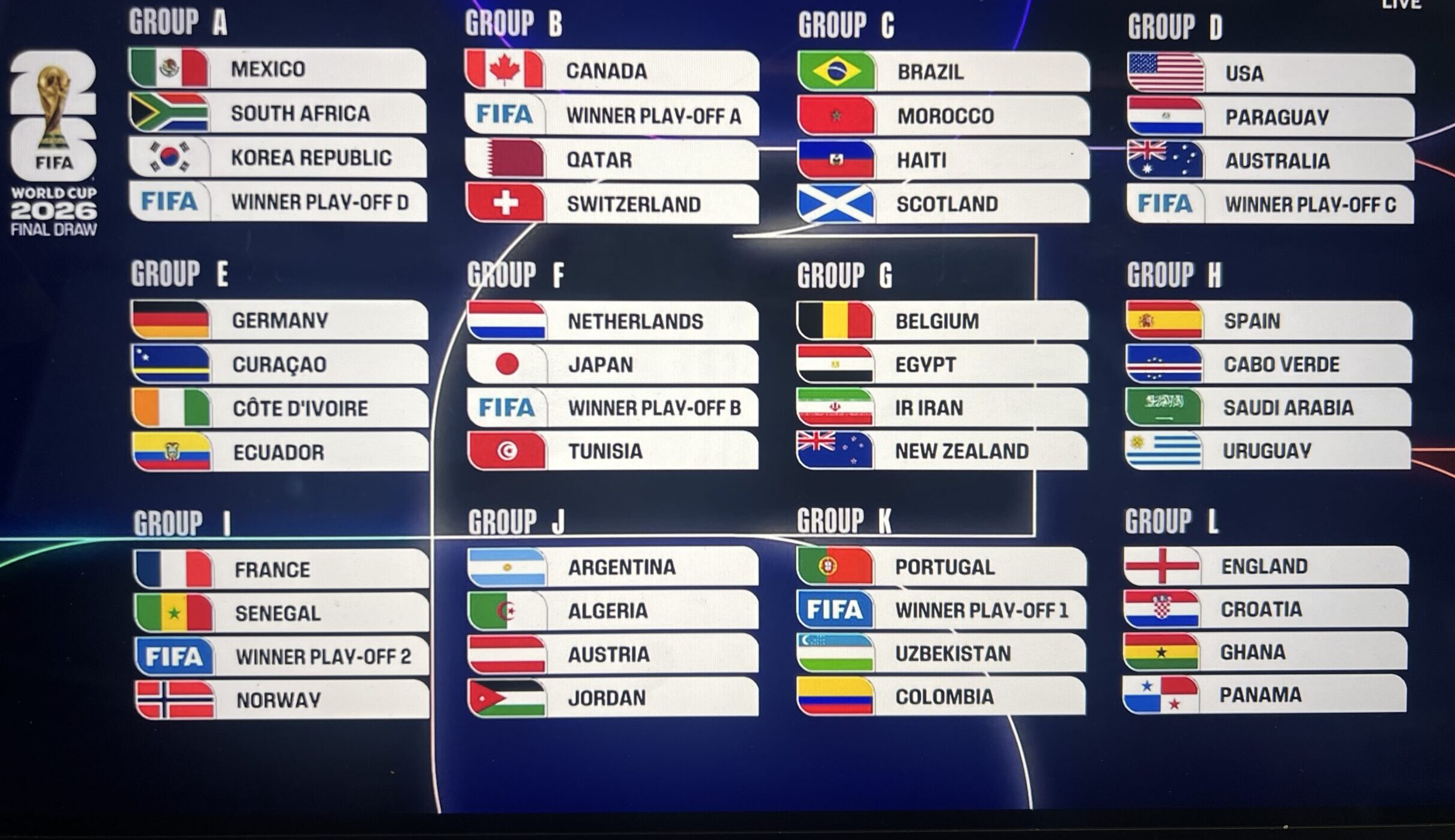| By Lawrence Ostlere
The semi-finals are over and the 17th World Cup final will be contested between Spain and Holland. It is 27 days since 32 nations embarked on their journey to glory. But are we left with the best two teams? Holland’s route to the final has seen them beat Slovakia, Brazil and Uruguay all by one goal. They have not sparkled like the Dutch sides of 1974 and 1978, both of which reached the final playing the best football in the tournament. This time Holland have been pragmatic and efficient but lacked some of the magic normally associated with Dutch football. They will enter Sunday’s final in Johannesburg as a slight underdog, but whereas in both their previous attempts they played against the tournament hosts in the final (West Germany in 1974 and Argentina in 1978), this time they will not suffer that disadvantage, and have a real chance to finally claim the trophy. Furthermore, in Wesley Sneijder Holland have a potential match winner. His creativity and skill propelled Inter Milan to Champions League glory this season, and the midfield maestro has scored five goals in the tournament (after FIFA controversially awarded him what was surely an own goal by Brazil’s Filipe Melo in the quarter final). Along with Arjen Robben and Robin Van Persie, Sneijder has the quality to win the game for Holland. However, they are up against a team overflowing with talent, to the point where world stars like Cesc Fabregas, Fernando Torres and David Silva started their semi-final as substitutes. Spain’s second half performance against Germany was at times breath-taking, with quick passing and clever interchanges around the penalty area, often involving Andres Iniesta, which deserved more reward. Spain are the team to beat, the European champions carrying the expectations of a nation as they attempt to realise their potential and win the World Cup for the first time. Undoubtedly some will argue Spain and Germany’s semi would have made for a better final. However, despite Germany’s impressive defeats of England and Argentina, when inspected closely they were demolitions based on swift counter attacking football as their opponents sought to score. Germany have not brought a particularly attacking approach to South Africa, but rather have exploited opponents over-committing to attack themselves. This game-plan became redundant as the Spanish retained the ball as only the Spanish can, and worked hard to win possession back as soon as it was lost. Germany created very little in the game, whereas the Dutch should bring more adventure against Spain. Both teams are fully deserving of their place in the final, but only one can become the 8th nation to win the Jules Rimet trophy and, strangely, neither may get a better chance, when considering the quality of Spain’s squad and that Holland are not playing a host nation this time around. An interesting part to this battle is that there is no history – Spain and Holland have never met in either a World Cup finals or a European Championships – quite incredible for two heavyweights of the game. The 2010 World Cup hasn’t been a classic on the pitch, and the soccer may not have done enough to convince new fans that this is the game for them. But the climax to the Ghana versus Uruguay will be recounted for years to come, and in truth the memory that lasts longest is often that of the final – Baggio’s penalty miss in 1994, Zidane’s brilliance in 1998, and his madness in 2006. The final offers the tournament a chance to create a piece of World Cup history like those before it, and the fact that two nations are close to something they’ve never achieved before, and might never again, makes it all the more special. Lawrence Ostlere is a freelance writer and can be reached at: lawrence.ostlere@hotmail.co.uk |
The Right World Cup Final?















